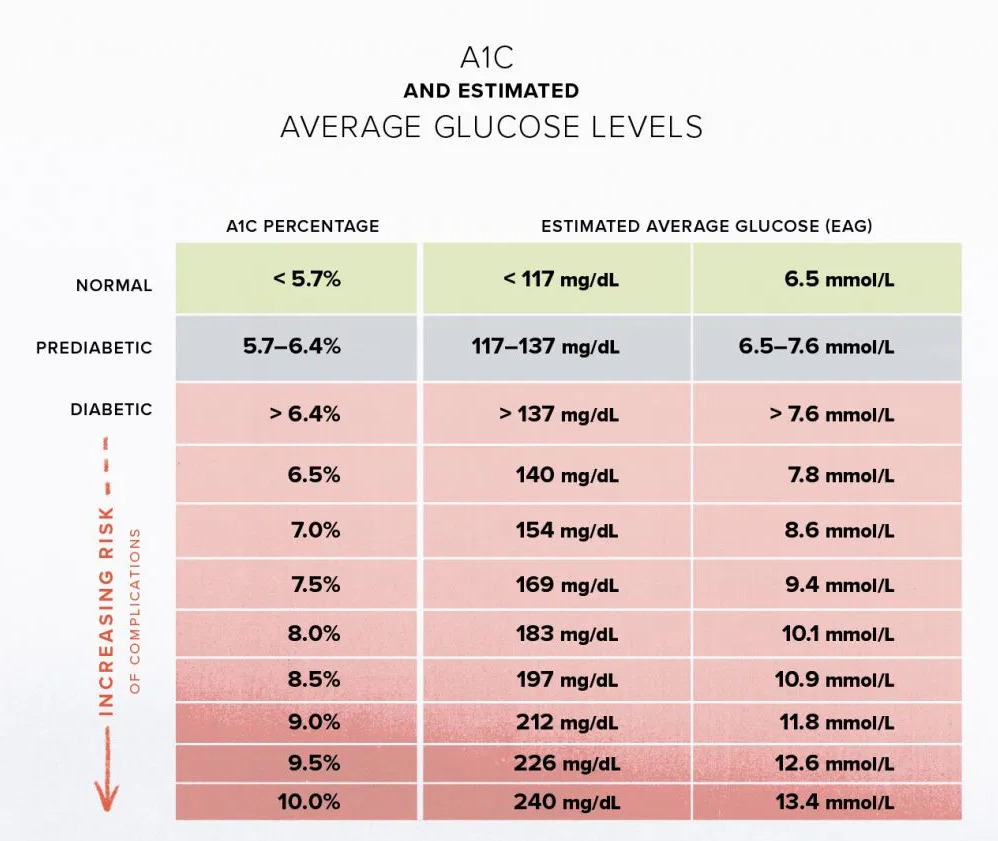India is facing a major health crisis due to the increasing prevalence of high blood sugar levels among its population. According to a recent study conducted by the Indian Council of Medical Research (ICMR), around 72 million people in India suffer from diabetes, with another 80 million estimated to be pre-diabetic.
The study revealed that the number of diabetes cases has increased by over 80% in the last decade alone, making India the diabetes capital of the world. The situation is further compounded by the fact that the majority of those affected are unaware of their condition, and as a result, are not receiving the necessary medical attention.

Experts attribute the rise in diabetes cases to a number of factors, including sedentary lifestyles, unhealthy dietary habits, and genetic predisposition. The rapid urbanization and changing dietary patterns of the Indian population have also played a significant role in the increase of diabetes cases.
High blood sugar levels can lead to a range of health complications, including heart disease, kidney damage, and blindness. It is therefore essential that individuals take steps to prevent and manage their blood sugar levels.
This can be achieved through regular exercise, a healthy diet, and regular medical check-ups. Early diagnosis and treatment of diabetes are also critical in preventing complications and improving the quality of life for those affected.
The Indian government has launched various initiatives to address the issue, including the National Programme for Prevention and Control of Cancer, Diabetes, Cardiovascular Diseases, and Stroke (NPCDCS). The programme aims to provide screening and treatment services for diabetes and other non-communicable diseases across the country.
While the situation may seem bleak, there is hope for those affected by diabetes in India. With increased awareness and access to healthcare, individuals can take control of their health and prevent the onset of diabetes and its associated complications.





